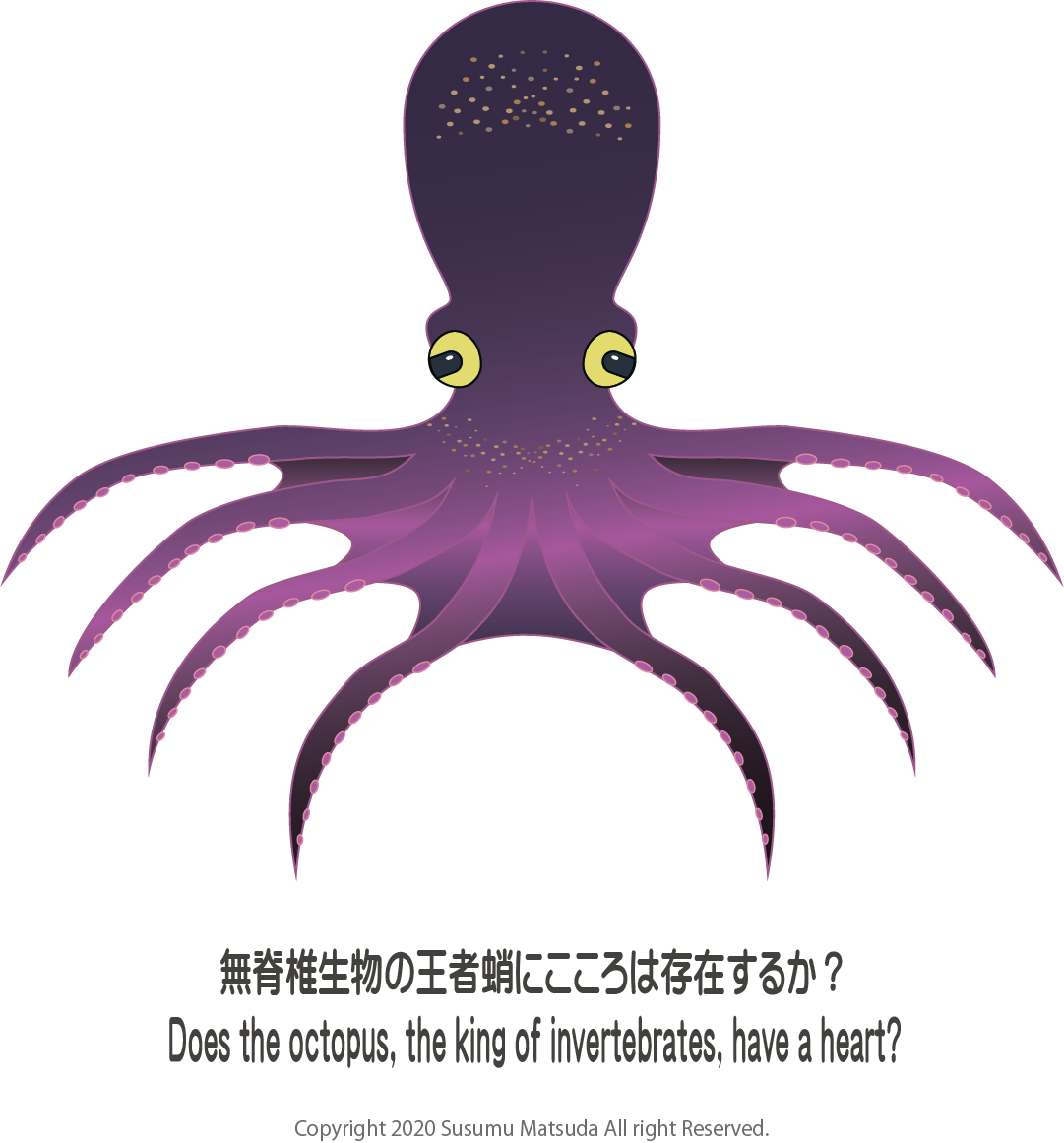Continuing from the last time, this is the second story about octopus. For me, it’s a very interesting octopus story. I am surprised that there are very few books that describe the ecology of octopus. There are 4 octopus books I found, and you can check the appearance and structure in the picture book. Octopus is an animal that often goes up to the table, and what we are familiar with is that when we are alive, we change the color of the skin to seven changes in purple, and we freely create the shape of the body with a technique called mimicry, and the background is like a ninja. It blends into. When boiled, it turns red and is a high-quality protein that is soft and has no bones on the legs. It has a large head, eight large eyes and feet (tentacles), and a mouth at the base of the foot. The image is that there are many special suction cups on the legs.

This is a mysterious octopus, but there are still many wonders. Octopus is academically made by a biological mechanism called musculoskeletal system. Using this mechanism, it can expand and contract, deform while maintaining its volume, and slip through narrow gaps. Since tentacles have various sensations (tactile sense, visual sense, taste sense, etc.) and each tentacle also has a brain function, the maze that cannot be seen by the large eyes of the main body can be advanced by the tentacle’s own judgment. Many aspects with excellent memory have been confirmed, such as being able to take out certain foods and remembering the maze. There are three hearts, and it seems that they are used properly depending on the condition. It is known as the heart used when running (although it cannot actually run in water) and the heart used normally. The brain is even more surprising. There is one for each of the eight tentacles, and the brain also exists in the main body. How do you use them properly and how do you cooperate? The eye has a very advanced camera eye as explained last time. Nevertheless, the tentacles of the octopus have eye function. The surface can be discolored and mimicked to react to light and darkness or blend into the background. What an amazingly evolved creature, such an octopus has a short lifespan and seems to have a lifespan of several years. Last time I focused on skin sensation. This time, is there a heart in this amazing invertebrate? It is said that people are transmitted by skin sensation and their feelings are stable. An octopus with excellent skin sensation and amazing tentacles is the most important point to know if the heart is generated from the sensory organs.
No tags for this post.